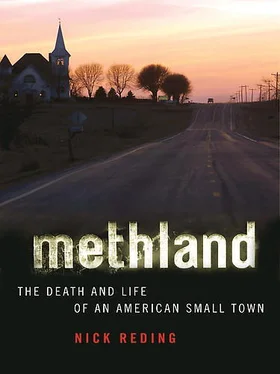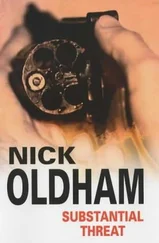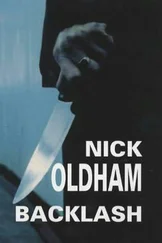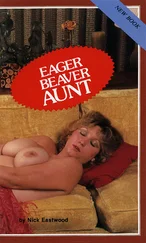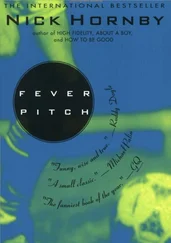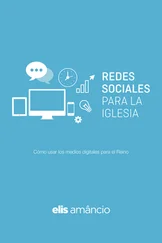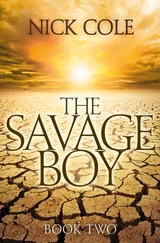Moments later, I found what I was looking for in the growing darkness. With my eyes, I followed the glowing river north, knowing that one of the tiny clusters of light must be Oelwein. Suddenly I knew what I was looking at, and where I needed to go.
Of all the people to whom I’m indebted for help in making this book possible, the people of Oelwein, Iowa, are at the top of the list. Without their willingness to let me into their lives, and to stay embedded there—at times annoyingly, I’m sure, like a tick— Methland would have never been. Nathan Lein and Clay Hallberg’s intelligence, candor, and abiding sense of humanity make them truly remarkable people. I’m also deeply obliged to Mayor Larry Murphy for letting me watch at close range as he whittled away at Oelwein’s troubles. In a time when the word “hero” has been overused to the point that it’s lost all meaning, Larry serves as a reminder of what a hero looks and acts like. Thanks also to Jamie Porter, Jeremy Logan, Tammy Hallberg, Tim Gilson, Charlie Hallberg, Alan Coffman, Jan Boleyn, and Mildred Binstock.
There are other Iowans, too, to whom I owe my deepest gratitude. Chief among them are the addicts, former addicts, and traffickers who have let me use their stories in the making of this book. It takes tremendous courage to open one’s life to public scrutiny, especially a life that has in some ways been defined by crime. In that capacity, I’m grateful to Roland Jarvis, who spoke with me over the course of nearly four years in the hope that others would not fall prey to the addiction that has monopolized his life for two decades. Thanks to Lori Arnold for the many letters she sent me from federal prison. Her willingness to talk—and to act as a sounding board for my own understanding of meth trafficking in America—was crucial to the making of this book. Many thanks also to the Cooper family—Joseph, Bonnie, Buck, and Thomas, a.k.a. Major—who, along with Judy Murphy, were elemental in my understanding of how meth affects not just parents and their children, but communities. And finally, thanks to Jeffrey William Hayes who took the time to write hundreds of pages of letters to me from Leavenworth Prison.
Tony Loya has been battling the country’s meth problem for thirty-seven years. Like Larry Murphy, Nathan Lein, and Clay Hallberg, Tony is an indisputable—if unheralded—hero. He was also invaluable in providing insight into the trends that have de-fined the meth epidemic since 1972, the year he made his first drug buy as a young agent with the California Bureau of Narcotics Enforcement. If anyone will ever succeed in curtailing this epidemic, it will be Tony.
A number of state and federal narcotics agents, police officers, and sheriff’s deputies helped me a great deal, at times leveraging their careers to do so. In that regard, I’m deeply indebted to Bill Ruzzamenti, Craig Hammer, and Rich Camps in California; Sergeant Tom McAndrew in Iowa; Sergeant Alex Gonzalez in Alabama; and Phil Price and Sherri Strange in Georgia. Thanks also (wherever you are) to Rudy, the meth dealer turned federal in formant whose life story was as enlightening as it was chilling.
Anton Mueller at Bloomsbury is an outstanding editor. Over the last two years, I wrote the first half of Methland four times before finally getting it right. Or at least before shaping it into the form in which it now stands. Though I was—to put it politely—less than enthusiastic each time Anton read my latest effort and instructed me to start over, I’m glad now that he held his ground. An editor with patience, a strong stomach, and an enduring passion for his author’s book is a rarity these days indeed, and one for which I feel extremely fortunate and grateful.
Thanks also to my agent at ICM, Heather Shroder. She not only sold this book at a time when no one seemed interested in the meth epidemic, but she also guided it through a potential disaster when the initial publisher, Houghton Mifflin, merged with Harcourt Brace. Had Heather not found a new home for me and my book at Blooms-bury, I’m not sure what would have become of us.
No one was more valuable in the making of this book than my mother and father. The genesis of Methland dates to 1999, and was defined for five years by one failure after another—all before I ever began writing. My parents’ willingness to believe that I would succeed despite repeated setbacks stretches the bounds of comprehension. Through it all, they refused to do anything less than support me wholeheartedly. It seems only fitting that, while reporting for this book, I got to see for the first time the small town of Algona, Iowa, where my father was born and raised, and which he left over half a century ago. Everywhere I went in Iowa, in fact, and among the many people I met, I caught sight of the forthright generosity of spirit that defines my parents.
Most of all, I’d like to thank my wife, Kelly, who helped me at every stage of this process. It was she who encouraged me to write a book proposal for Methland in 2005. Later that year and all through 2006, the only thing that made being away from home for weeks at a time any easier was knowing that Kelly would be there when I got back. She was patient and kind while I wrote Methland , and thoughtful in her criticism as it neared completion in 2008. As a wife, a friend, and a mother to our child, she is everything and more that I could ask for.
Finally, I’m indebted to the two residents of tiny Greenville, Illinois, who inspired this book. I met them—a white meth-addicted felon and a black army sergeant recently home from Afghanistan—in a bar in November 2004. Over the course of several nights, it became clear to me that two people who were so different on the surface were in fact united by circumstances beyond their control. One of the facts of their lives was the huge sway methamphetamine held over their town. I’ll never forget the moment when, in talking to them, I saw this story for what it is. In gratitude and in hope, Methland is dedicated to them.
Much of Methland is a retelling of events as they were related to me over the course of four years by the people of Oelwein. Interview isn’t really a word that applies here. During the weeks and months that I spent in town, nothing was ever spoken into a tape recorder, or written in a space below questions plotted on note cards. Rather, the people in this book shared the stories and the facts of their lives with me at the same time that we shared the day’s events. We cooked dinner and watched movies, drove back and forth to the grocery store, shoveled snow, and did chores around the house. They graciously permitted me to play pool and hunt pheasants with them, go to parties and to work, eat with them in restaurants, stop by the post office on the way to the doctor, and call on neighbors. The telling of past events unfolded simultaneously with the living out of present circumstance, thereby—I hope—adding a depth and texture that is otherwise unattainable.
In the absence of a tape recorder or video camera, I was forever excusing myself to write notes whenever there was an appropriate moment. Each night, I’d take these handwritten notes and expand them into scenes, while the memories remained fresh. Outside Oelwein, too, I employed this same live-in reporting strategy whenever possible. In Independence, Iowa, the former addict and meth cook Thomas, a.k.a. Major, preferred to talk while playing Frisbee golf, in which the players throw plastic discs of different shapes and weights (heavier ones are “putters,” while lighter discs, because they fly farther, are “drivers”) toward a basket affixed to a tree. When Major and I played, it allowed him to escape, however briefly, from the scrutiny of his parents, with whom he lived. So, too, did Major’s parents seem to appreciate any chance to leave their home, where they were not only overseeing the informal, in patient rehab of their meth-addicted son, but where they were also helping to raise their grandchild, Buck. When I talked to Major’s parents, it was normally over lunch or a beer, preferably in a place where they could both smoke. Seeing them briefly outside their home made clearer still the complexity of their circumstances.
Читать дальше
